Record-breaking Peggy Whitson lands back on Earth
Whitson's 665 cumulative days in space are the most of any Nasa astronaut in history
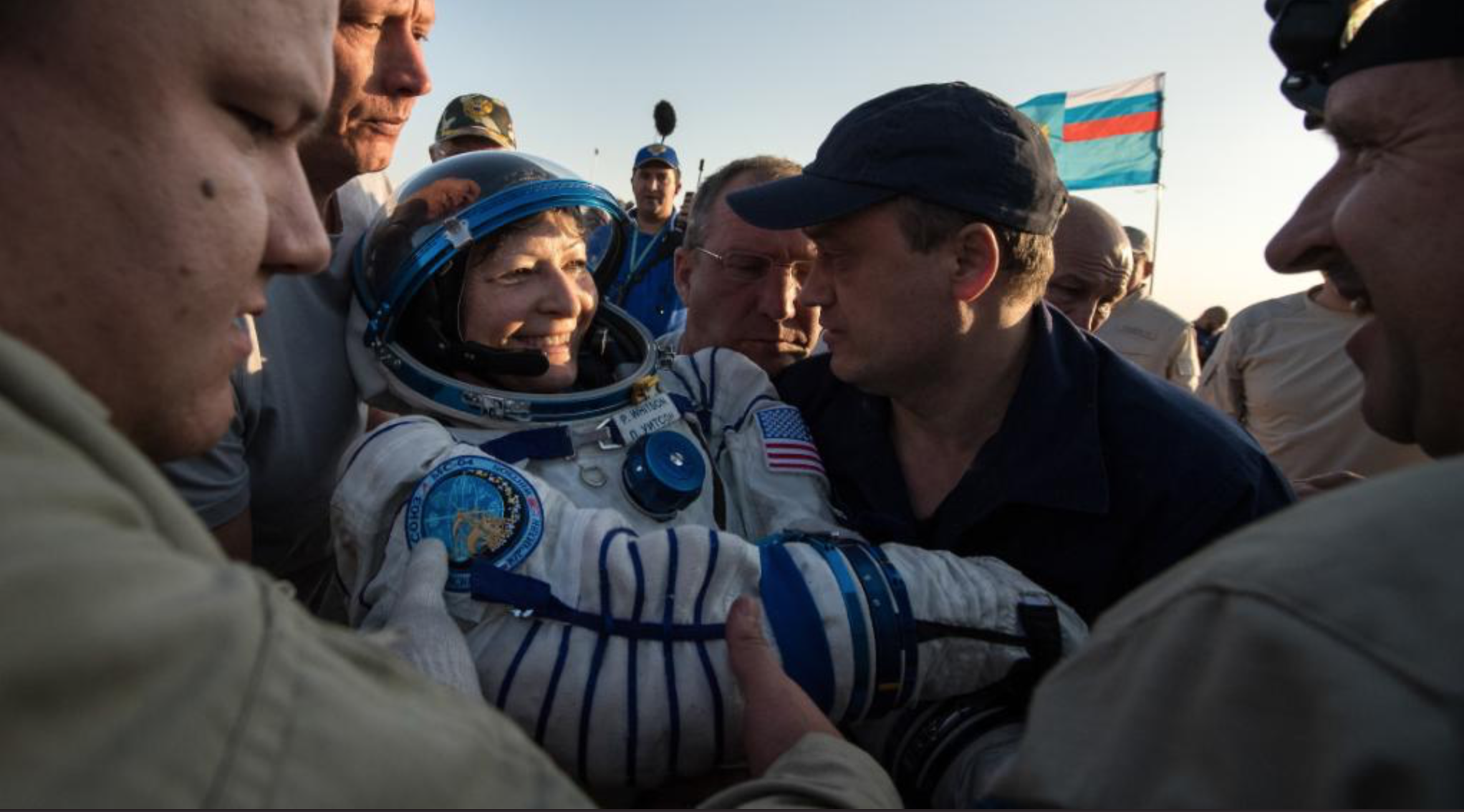
A free daily email with the biggest news stories of the day – and the best features from TheWeek.com
You are now subscribed
Your newsletter sign-up was successful
American astronaut Peggy Whitson has returned to Earth safely after spending a record-breaking length of time in space.
Whitson landed in Kazakhstan on Sunday following a 288-day mission on the International Space Station (ISS), which Nasa says brings her total time in orbit to 665 days - a new record for a US astronaut.
At 57 years old, The Guardian says Whitson also claims a place in history as the “world’s oldest spacewoman” and “the first woman to command the space station twice following her launch last November”.
The Week
Escape your echo chamber. Get the facts behind the news, plus analysis from multiple perspectives.

Sign up for The Week's Free Newsletters
From our morning news briefing to a weekly Good News Newsletter, get the best of The Week delivered directly to your inbox.
From our morning news briefing to a weekly Good News Newsletter, get the best of The Week delivered directly to your inbox.
During her most recent visit to space, Nasa says Whitson was tasked with researching “the physical changes to astronauts' eyes caused by prolonged exposure to a microgravity environment”.
Other studies included the effects that a low-gravity environment has on stem cells, as well as an investigation “that could increase the effectiveness of chemotherapy drugs for cancer treatment”.
Whitson told Nasa that she is “not overly comfortable with the praise about the records”, but said “it is critical that we are continuously breaking records, because that represents us moving forward in exploration”.
She added: “I am working on paying forward some of the advice and mentoring that I received on my journey, in hopes that one day those young people will do the same and look back on a life in which they leapt at the opportunities and broke their own records.”
A free daily email with the biggest news stories of the day – and the best features from TheWeek.com
Russian cosmonaut Gennady Padalka is the world record holder for days spent in space, says The Independent, clocking up 879 days in orbit over the course of five missions.
Another Russian cosmonaut, Valery Polyakov, holds the record for "the longest single stay in space", at 437 days and 18 hours.
-
 The ‘ravenous’ demand for Cornish minerals
The ‘ravenous’ demand for Cornish mineralsUnder the Radar Growing need for critical minerals to power tech has intensified ‘appetite’ for lithium, which could be a ‘huge boon’ for local economy
-
 Why are election experts taking Trump’s midterm threats seriously?
Why are election experts taking Trump’s midterm threats seriously?IN THE SPOTLIGHT As the president muses about polling place deployments and a centralized electoral system aimed at one-party control, lawmakers are taking this administration at its word
-
 ‘Restaurateurs have become millionaires’
‘Restaurateurs have become millionaires’Instant Opinion Opinion, comment and editorials of the day
-
 Data centers could soon be orbiting in space
Data centers could soon be orbiting in spaceUnder the radar The AI revolution is going cosmic
-
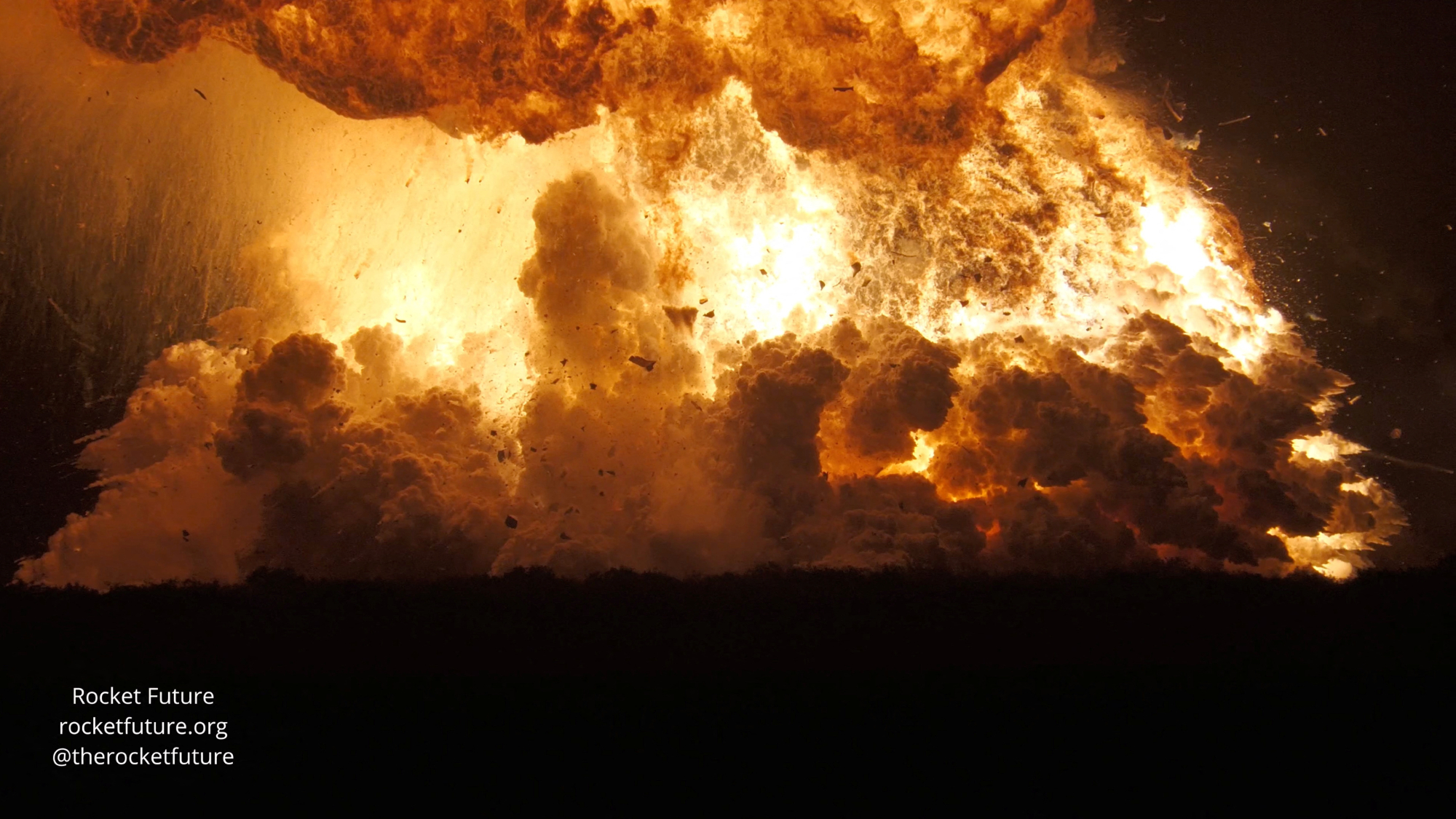 Another Starship blast sets back Musk's Mars hopes
Another Starship blast sets back Musk's Mars hopesSpeed Read Nobody was killed in the explosion, which occurred in south Texas
-
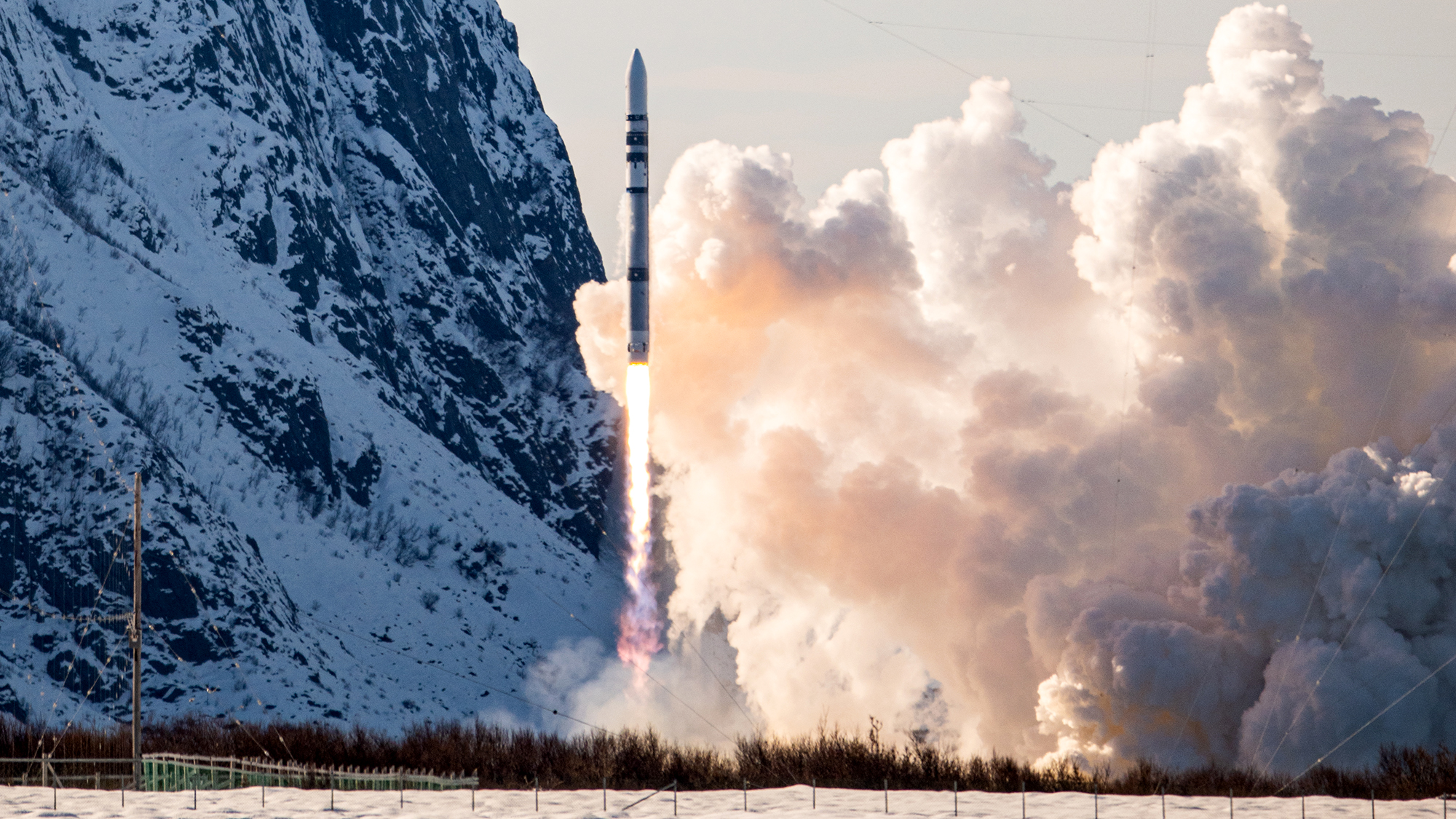 Test flight of orbital rocket from Europe explodes
Test flight of orbital rocket from Europe explodesSpeed Read Isar Aerospace conducted the first test flight of the Spectrum orbital rocket, which crashed after takeoff
-
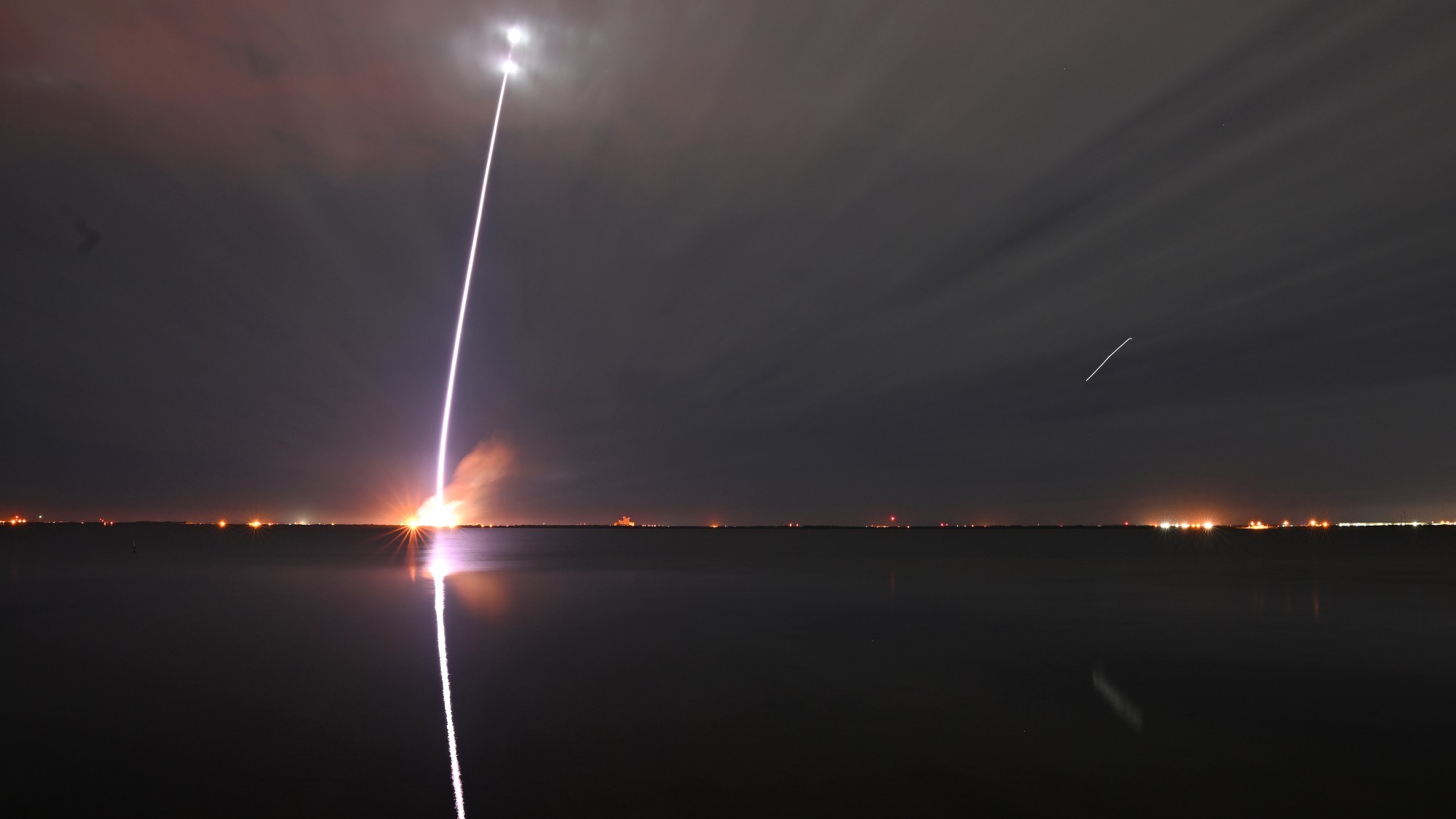 Jeff Bezos, Elon Musk and the billionaire space race
Jeff Bezos, Elon Musk and the billionaire space raceThe Explainer Tesla CEO and Amazon founder vie for dominance of satellite launch market and could influence Nasa plans to return to Moon
-
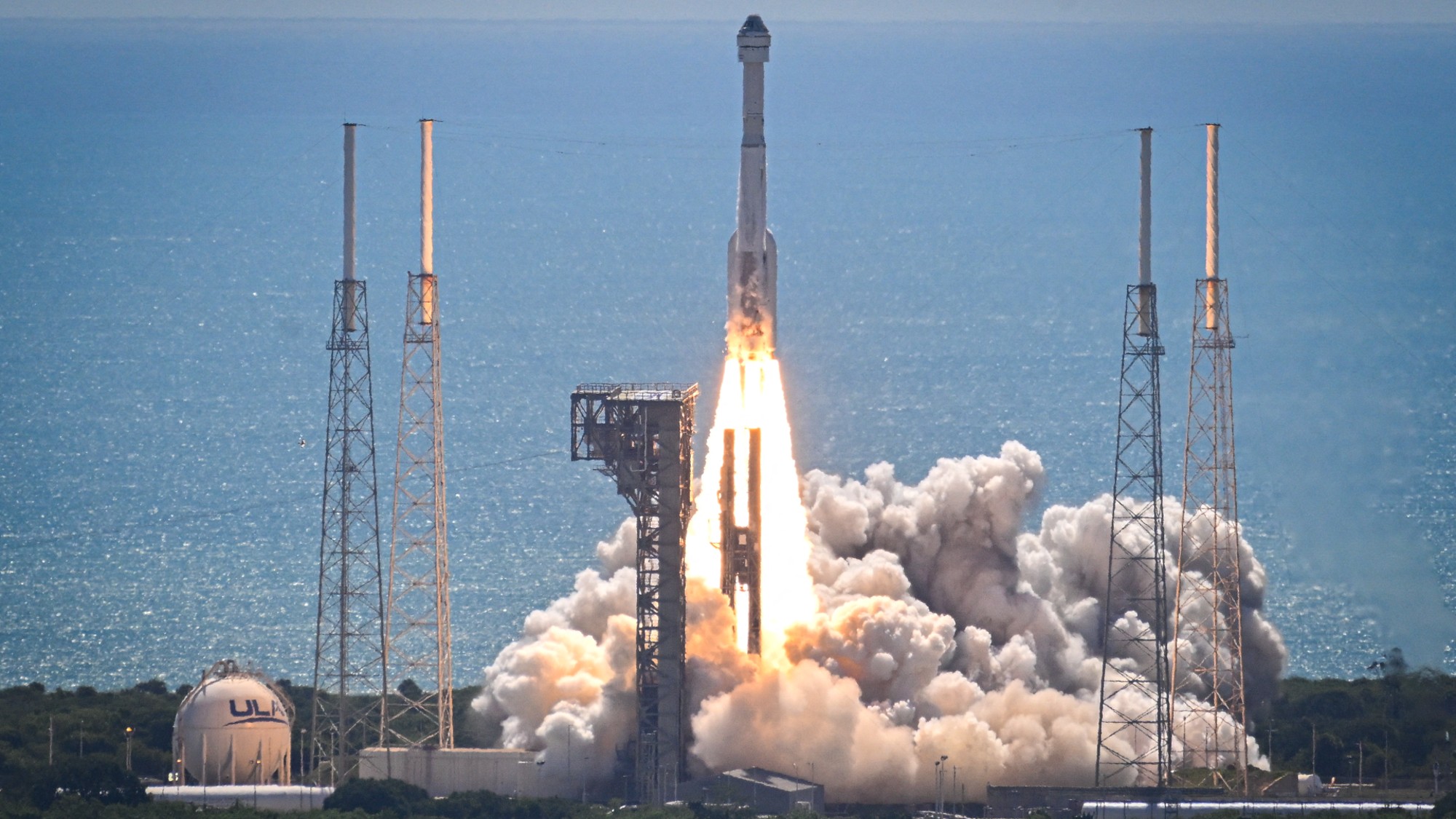 Starliner: What went wrong?
Starliner: What went wrong?Today's Big Question Boeing spacecraft has had a 'long, difficult road'
-
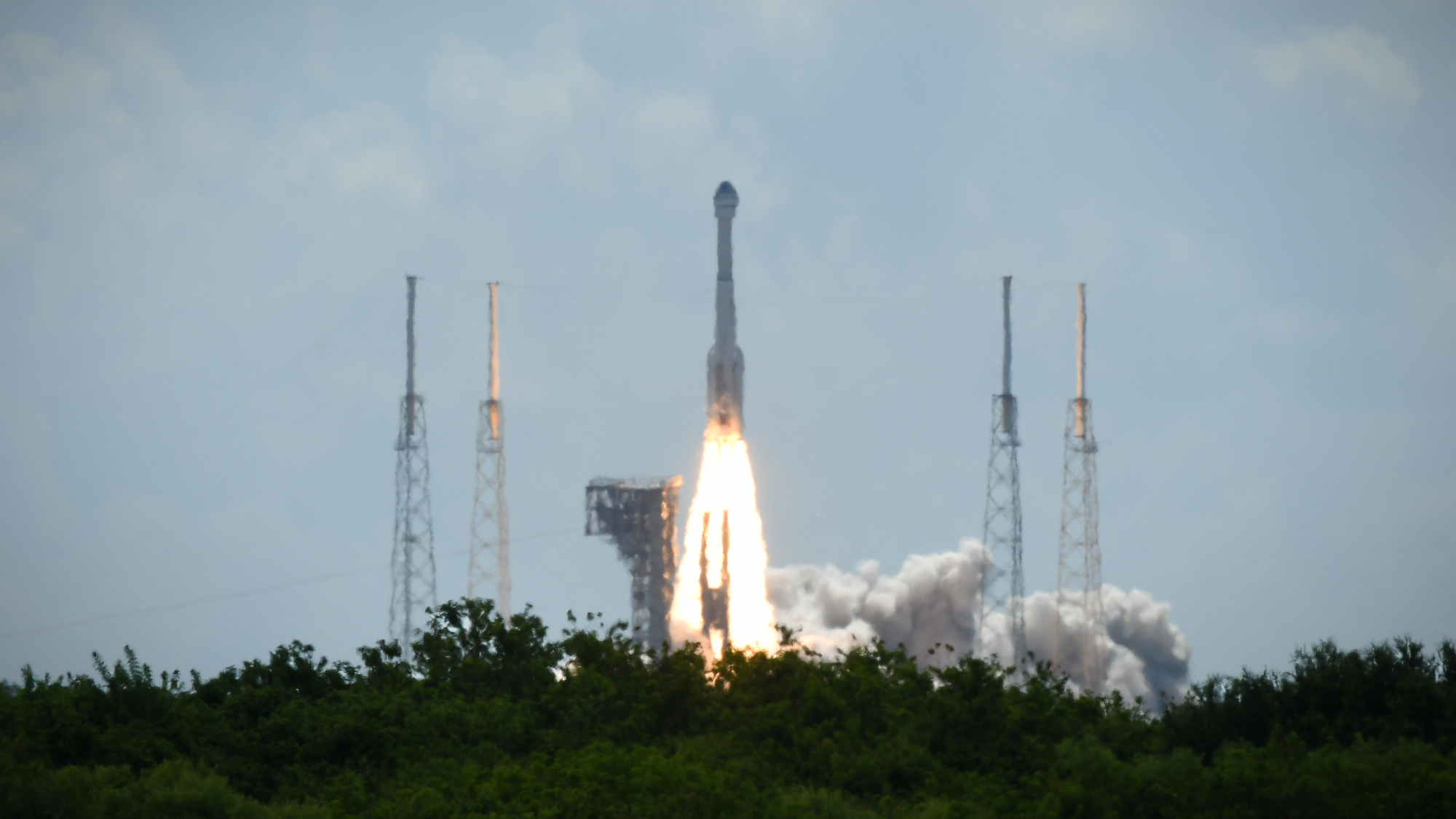 Boeing, SpaceX successfully test key rockets
Boeing, SpaceX successfully test key rocketsSpeed Read Boeing’s Starliner docked at the ISS and SpaceX completed its fourth test launch of its Starship spacecraft
-
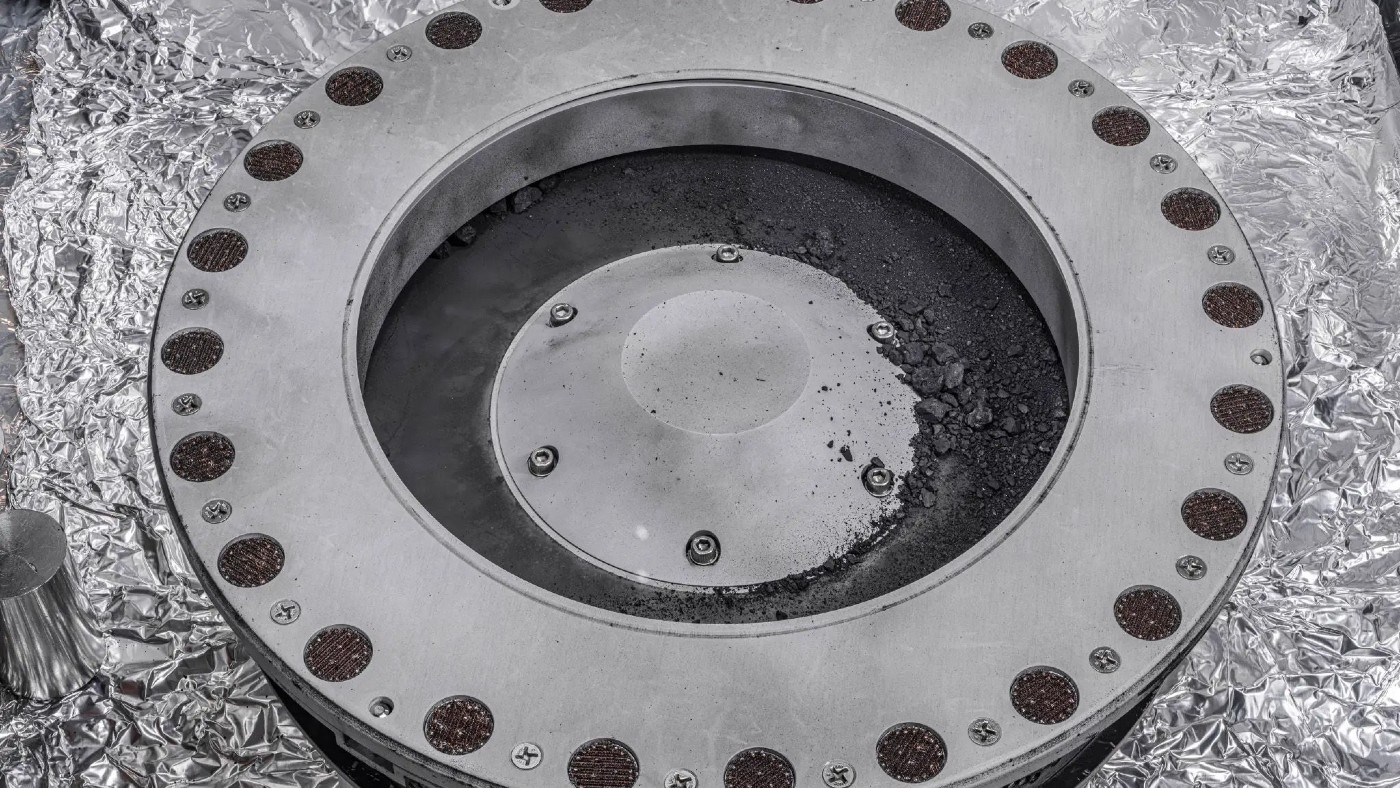 Nasa reveals first findings from asteroid that could explain origins of life
Nasa reveals first findings from asteroid that could explain origins of lifeSpeed Read Sample from Bennu has been found to contain an abundance of water and carbon
-
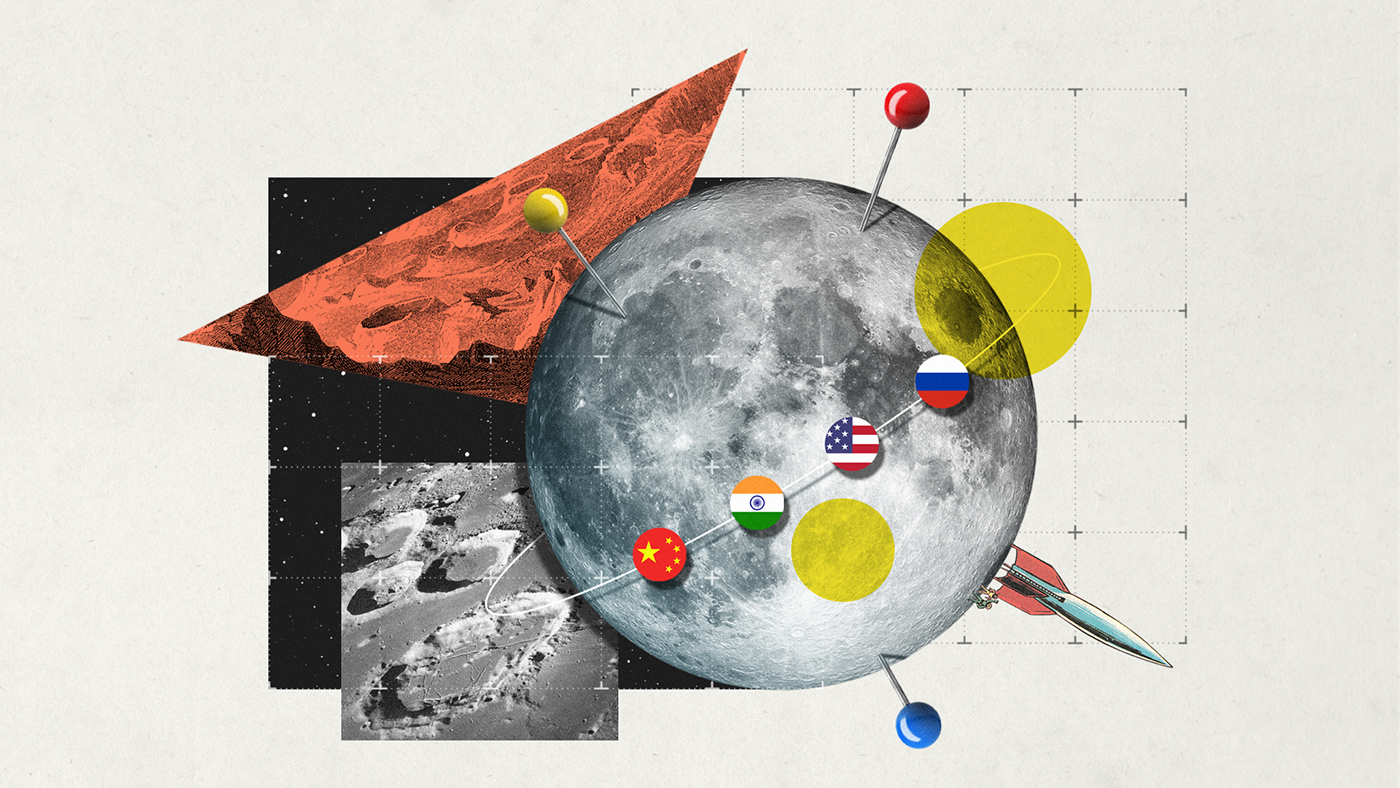 Dark side of the Moon: will the race to lunar South Pole spark conflict?
Dark side of the Moon: will the race to lunar South Pole spark conflict?Today's Big Question Russia and India are competing for the ‘new lunar gold’ – but real contest will be between the US and China